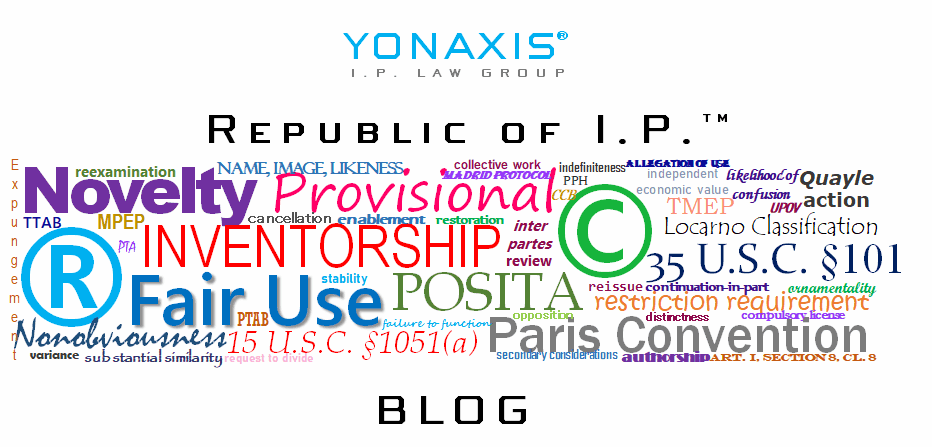By Brent T. Yonehara
Several cases and proposed rule changes within that last few months harken changes to the professional ethics landscape for patent practitioners.
Patent Agent Privilege
Perhaps the biggest change in patent practitioner ethics is the proposed rule change for patent agent privilege, consistent with the 2016 Federal Circuit ruling in In re Queen’s University at Kingston, 820 F.3d 1287 (Fed. Cir. 2016). In Queen’s University, the Federal Circuit enunciated, for the first time, a limited privilege protecting patent agent-client communications for the purposes of preparing and prosecuting patent applications. Id. at 1302. Fast forward ten months, and the USPTO recently annouced a proposed rule change, consistent with the Queen’s University ruling, governing patent agent privilege relating to discovery proceedings within the Patent Trial and Appeal Board (PTAB). The USPTO’s proposed new rule § 42.57, whereby patent agents would be afforded a privilege similar to the attorney-client privilege, for any patent prosecution-related communication between the agent and client, the text which follows as:
(a) Privileged communications. A communication between a client and a domestic or foreign patent practitioner that is reasonably necessary or incident to the scope of the patent practitioner’s authority shall receive the same protections of privilege as if that communication were between a client and an attorney authorized to practice in the United States, including all limitations and exceptions.
(b) Definitions. The term ‘‘domestic patent practitioner’’ means a person who is registered by the United States Patent and Trademark Office to practice before the agency under section 11.6. ‘‘Foreign patent practitioner’’ means a person who is authorized to provide legal advice on patent matters in a foreign jurisdiction, provided that the jurisdiction establishes professional qualifications and the practitioner satisfies them, and regardless of whether that jurisdiction provides privilege or an equivalent under its laws.
Comments were due December 19, 2016, and the final rule change is forthcoming. This would be a welcome addition to patent practice ethics, and provide a needed dose of uniformity between all registered patent practitioners, attorneys and agents alike.
Duty of Disclosure
Another proposed rule change to amend the duty of disclosure was published October 28, 2016. This rule change was meant to bring USPTO practice in line with the Therasense, Inc. v. Becton, Dickinson & Co., 649 F.3d 1276 (Fed. Cir. 2011), ruling by the Federal Circuit. In Therasense, the Federal Circuit raised the standard for a finding of inequitable conduct in order to “cure the problem of overdisclosure of marginally relevant prior art to the [US]PTO.” Id. at 1291. The Federal Circuit went on to state that only a “but-for” materiality would support a finding of inequitable conduct. Id.
Comments were due on December 27, 2016, and were generally negative and widely divergent. BIO specifically believed the duty of discloure should be abolished. On the other hand, IPOA, AIPLA, and NAPP all favored a change to conform with the Therasense ruling. More comments are anticipated to occur before a final rule is enacted.
Based on these two proposed rule changes, there appears to be major changes in the ethical landscape for patent practitioners in the near months to come.
